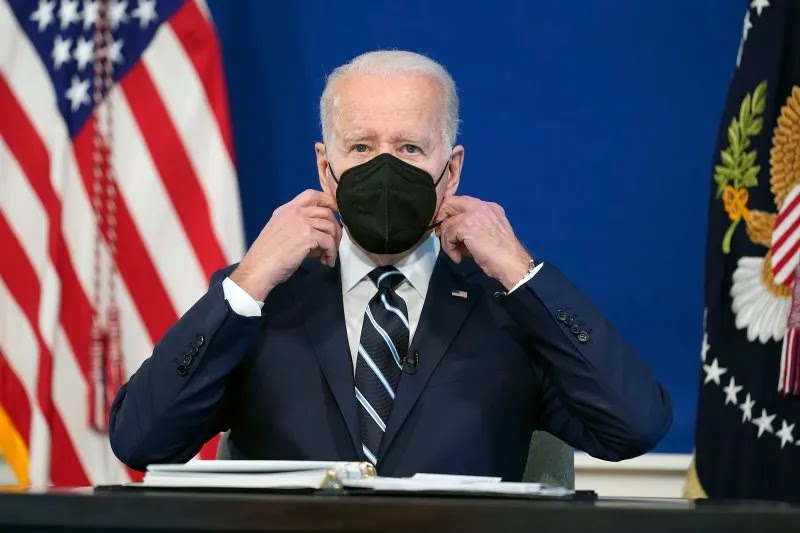You know those N95 masks that people still afraid of Covid consider to be the most effective way to stop the spread of the virus? Yeah, well, they could be giving people cancer and other health problems.
A new study suggests that wearing the masks risks the wearer of potential exposure to hazardous levels of toxic chemicals. Although the National Institutes of Health (NIH) re-shared the study earlier this year, concerns are now emerging anew over the safety of these masks.
Researchers from Jeonbuk National University in South Korea conducted an investigation into disposable medical-grade masks, as well as reusable cotton masks. Their findings, originally published in the journal Ecotoxicology and Environmental Safety, revealed that the chemicals emitted by certain masks exceeded recommended safety thresholds for toxic volatile organic compounds (TVOCs) by eight times.
Inhaling TVOCs has been associated with health problems including headaches and nausea, with prolonged exposure linked to organ damage and even cancer. The researchers emphasized the significance of addressing the potential effects of TVOCs released by medical masks, particularly the KF94 variety popular in South Korea.
The study proposes a possible solution to mitigate the risk, suggesting that allowing masks to remain opened and unused for at least 30 minutes upon purchase can significantly reduce exposure.
Dr. Stuart Fischer, an internal medicine physician, cautioned against drawing strong conclusions from the study but acknowledged the growing evidence on the drawbacks of prolonged mask usage.
The study evaluated 14 disposable and cloth masks, focusing on the levels of TVOCs emitted by each. The disposable masks were KFAD and KF94 models, while the cloth masks were made from various materials including cotton and polyurethane. Notably, cloth masks showed significantly lower levels of TVOCs and were deemed harmless.
While the study raises important concerns, it also acknowledges its limitations, including a small sample size and the exclusion of other popular disposable masks like KN95s.














